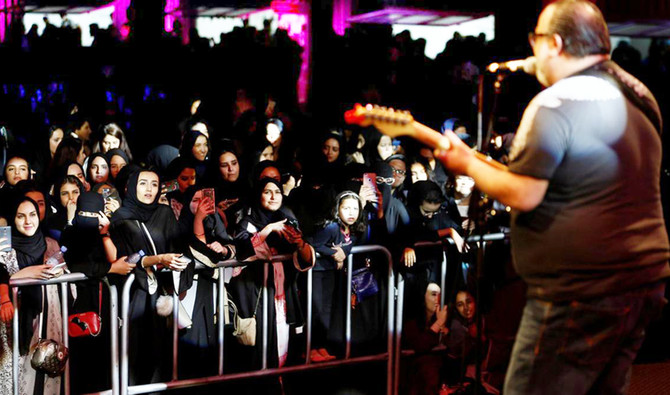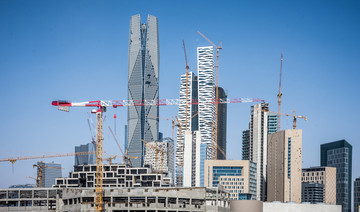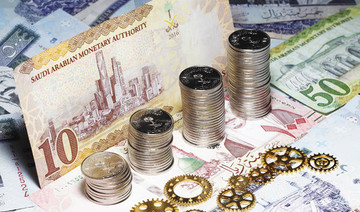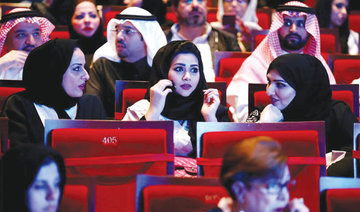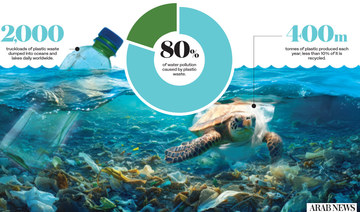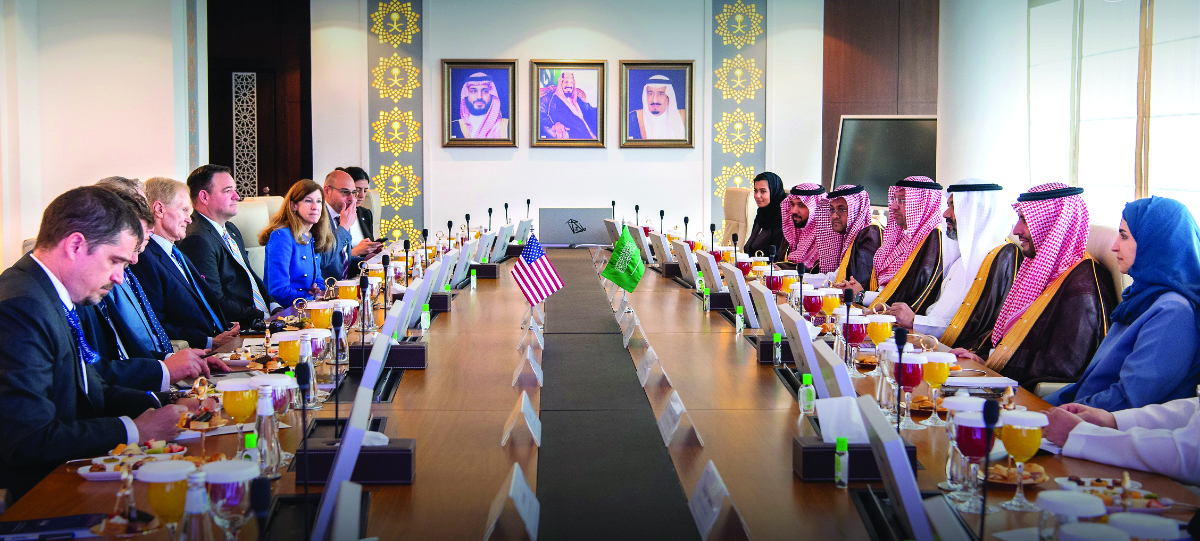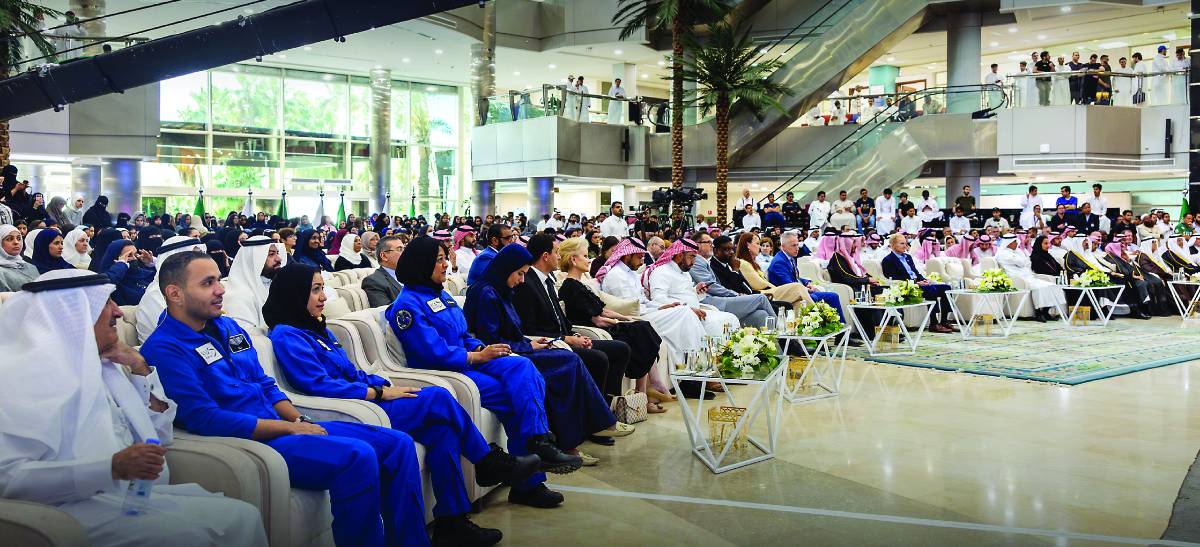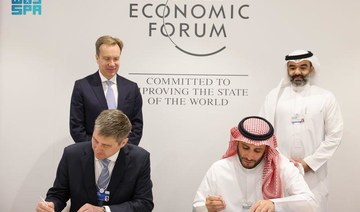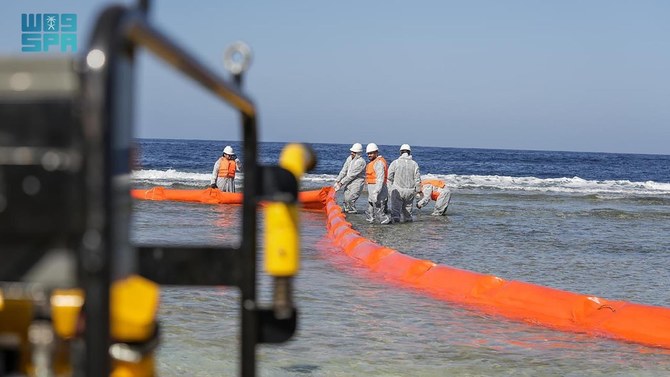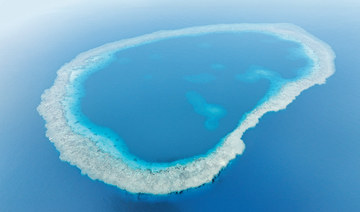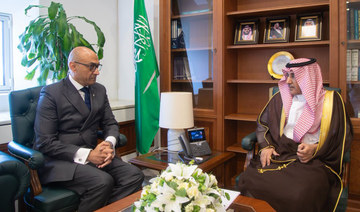JEDDAH: Saudi Arabia is undergoing major changes to meet the Kingdom’s Vision 2030 objectives. These significant changes have had an impact on locals socially and psychologically.
A retired psychologist Dr. Abdulrahman Al-Sobihi, 53, explains how humans adapt to change.
“Humans find it difficult to accept change. It is a human trait, humans face fear and anxiety when it comes to change, they want things to stay the way they are because they fear the changes may bring disadvantages and negative outcomes. For this reason, governments face many difficulties when implementing new programs and activities,” Al-Sobihi told Arab News.
To understand why the big changes in the Kingdom have been accepted so easily, Al-Sobihi said, one has to look at the social and psychological pressures before they occurred.
“What is beautiful and sad about this is that our society accepted this change so quickly. Why? because it went through a period called Al-Sahwa (awakening) and this period pressured society. Everything was forbidden, shameful and wrong, this long period pressured society psychologically and socially.
“So when the major changes happened, society found an outlet. Therefore, they accepted these changes so quickly. Not because our society adapts to change quickly, but because of the period spent in the “awakening” period. It delayed so many natural changes that happen in any other society. What happened to our society was that some things were permanent for so long — when the chance came to receive all these changes, most were very welcoming to these changes.”
Umm Al-Qura instructor Abdulrahman Al-Haidari said the Kingdom has changed amazingly in the last few years.
“The country keeps going from one amazing phase of development after another. Who would imagine that 70 years ago, this land had displayed the poorest statistics in terms of economy, population, life expectations, education, and individual rights. It’s amazing how one generation ago we went from teaching in ill-equipped huts, to reach some of the most advanced educational projects where our students get to send Saudi satellites to outer space.”
Al-Haidari explained that the country had welcomed women into their new empowered roles within a short period of time.
“Today, we are going even further and faster with neck-breaking speed. Saudi’s ability of modernizing, and yet keeping true to its own culture and origins makes this country the center of attention: In one day, Majlis Al-Shoura had third of its positions filled with Saudi women. Suddenly we had Saudi women as vice ministers, engineers, PhDs, doctors and nurses and in all other sorts of fields.
“It’s amazing (when you consider) that my own generation was raised to not even allow a Saudi women to voice her thoughts in public, to let them share the wheel, steering the country’s march toward modernization.”
Saudis have embraced change, Al-Haidari added. “We can see how people are accepting change in the manner they approach the new festivals, we see musical events being sold out, (as well as) wrestling, cooking, even military and weapon production. However, I believe the most undeniable indicator for the Saudis’ welcoming attitude toward change is clearly displayed with the return of almost all overseas scholarship students.
“Just like myself, hundreds of thousands were sent overseas to learn, and almost none of them had any contract to be forced to come back to Saudi: But yet, they did, and still do. What could be more clearer than having the most elite and educated population of Saudi (if not even the world) wanting to come back home to advance both their careers and their country’s (future)?”
The majority of the nation adapted to the new social dynamics such as women working in the same fields and ranks as men, and the number of Saudi women in media, Al-Haidari added.
“Doubters were shown how much the community is longing to advance the role of the Saudi women. It would be so hard to even try to doubt that: Starting with Majles Al-Shoura having a third of its seats filled by Saudi women, having the issue of Saudi women’s right to drive as the first topic addressed, and now reaching the point where they will finally get some of their rights fulfilled finally.
“You can also see the Saudi population welcoming this change: You can see that with the families that attended recent soccer matches in stadiums, families on YouTube supporting their wives, sisters, and mothers to drive, and not to forget: Thousands of Saudi girls going overseas to obtain their higher education. These are just a fraction of the current manifestations displayed by the Saudi community to show its welcome to Saudi women to take their rightful place, and to help the community grow with the help of all its members.”
Commenting about the General Entertainment Authority that changed much of the societal landscape, Al-Haidari said: “I find it to be amazing. Who would have thought a year ago that World Wrestling Entertainment (WWE) would come and have an event here? Who would have thought that we would get (Algerian musician) Cheb Khaled or (US hip-hop artist) Nelly to come and perform in Saudi? Who would have thought that it would have been this easy and quick to establish cinemas, female gyms, even a whole opera theater a year ago? Of course, we still want more, and much more. But the trend is going so quick and so fast showing that we are to expect great events and functions to come in the near future.”
YouTuber Rahaf Jambi, 27, described how the country’s economy has diversified. “We just don’t count on oil now, the economy is growing better. It’s true that we are at war with Yemen, but this didn’t stop the Kingdom from growing and there are a lot of improvements, there are a lot of human rights fulfilled. Women driving, this is one of the main important things that happened and it will be good for the Kingdom because it will improve the market.
“Women will not have to rely on drivers. It’s a better opportunity for Saudis to work in transportation companies such as Uber and Careem, even the girls can work in this field, and girls can become police officers,” Jambi told Arab News.
“Having cinema in the Kingdom is a good thing — we will have more Saudi movies and movies that will be produced in Saudi Arabia. It’s going to be a good environment for Saudi talent.”
With women working in the same fields as men and reaching high ranks, and the many women emerging in the media, Jambi added: “I see a bright future for women.”
Jambi said he hoped big name world brands such as Apple would come to the Kingdom. “We need the Apple store in the Kingdom, we need a lot of brands to open in the Kingdom.”


